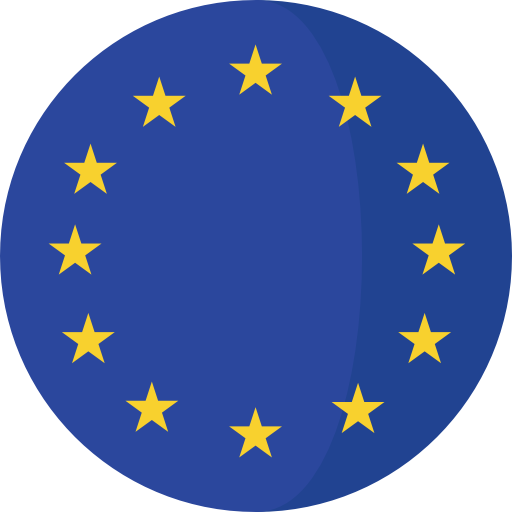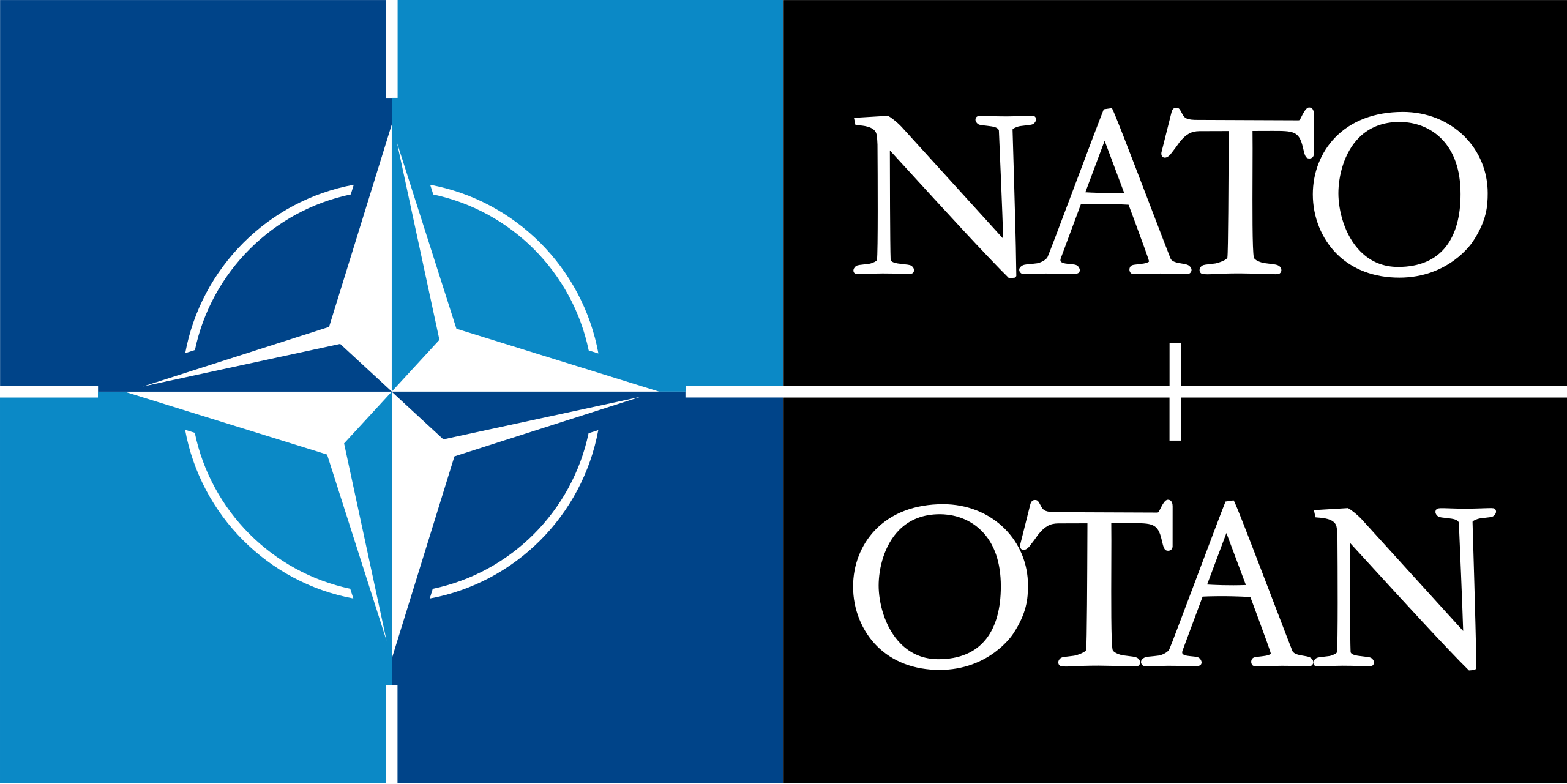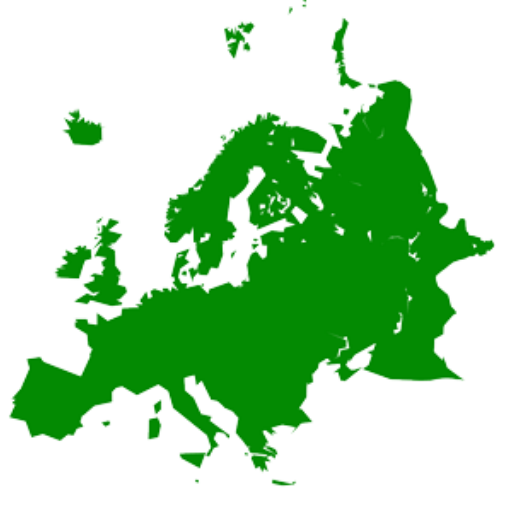
 European Union
History of the European Union
European Union
History of the European Union

 European Union
*Founding states
European Union
*Founding states

 Geography
Geography

 Geography
***IMF Developed countries
Geography
***IMF Developed countries
 Italy
Italy
 IMF Developed countries
IMF Developed countries
 IMF Developed countries
TOP3
IMF Developed countries
TOP3

 Mitglieder der NATO
Mitglieder der NATO

 Party and government
Group of the twenty most important industrial and emerging countries
Party and government
Group of the twenty most important industrial and emerging countries

 Party and government
Group of Seven,G7
Party and government
Group of Seven,G7

 States of Europe
States of Europe

Italien (italienisch Italia [iˈtaːlja], amtlich Italienische Republik, italienisch Repubblica Italiana [reˈpubblika itaˈljaːna]) ist ein Staat in Südeuropa; seine Hauptstadt ist Rom.
Das italienische Staatsgebiet liegt zum größten Teil auf der vom Mittelmeer umschlossenen Apenninhalbinsel und der Po-Ebene sowie im südlichen Gebirgsteil der Alpen. Der Staat grenzt an Frankreich, die Schweiz, Österreich und Slowenien. Die Kleinstaaten Vatikanstadt und San Marino sind vollständig vom italienischen Staatsgebiet umschlossen. Neben den großen Inseln Sizilien und Sardinien sind mehrere Inselgruppen vorgelagert.
Als Kreuzweg der Zivilisationen des Mittelmeerraumes ist der italienische Beitrag zum kulturellen und historischen Erbe Europas und der Welt beachtenswert, das Gebiet des heutigen Italien war in der Antike die Kernregion des Römischen Reiches, die oberitalienische Toskana war das Kernland der Renaissance, ihr folgte von Rom ausgehend die Epoche des Barock.
Mit dem Risorgimento entstand der moderne italienische Nationalstaat: Von 1861 bis 1946 bestand unter dem Haus Savoyen das Königreich Italien, das rapide industrialisiert wurde, zu einer europäischen Großmacht aufstieg und ab den 1880er Jahren ein Kolonialreich in Nord- und Ostafrika errichtete. Die kostspielige und verlustreiche Teilnahme am Ersten Weltkrieg von 1915 bis 1918 führte zwar zur Vergrößerung des Staatsgebietes, aber auch zu schweren sozialen Unruhen und ebnete den italienischen Faschisten unter Benito Mussolini den Weg zur Macht. Das faschistische Regime herrschte von 1922 bis 1943/45 über Italien und führte das Land 1940 auf der Seite der Achsenmächte in den Zweiten Weltkrieg. Die Kriegsniederlage führte zum Verlust der Kolonien und zu vergleichsweise geringfügigen Gebietsabtretungen an den Nachbarstaat Jugoslawien. Im Juni 1946 beendete eine Volksabstimmung die Monarchie; die heutige Republik wurde ausgerufen.
Italien ist Mitinitiator der Europäischen Integration und Gründungsmitglied der Europäischen Union, des Europarates und der Lateinischen Union. Das Land ist Mitglied der G7, der G20, der NATO, der Vereinten Nationen (UNO), der Organisation für wirtschaftliche Zusammenarbeit und Entwicklung (OECD) und der Welthandelsorganisation (WTO).
Italien zählt laut Index der menschlichen Entwicklung als Industriestaat zu den höchstentwickelten Ländern der Erde[4] und ist gemessen am nominalen Bruttoinlandsprodukt die achtgrößte Volkswirtschaft der Welt.[5] Das Land genießt einen hohen Lebensstandard sowie Bildungsgrad und besitzt eine der höchsten Lebenserwartungen.[6] Italien ist das Land mit den meisten Welterbestätten der UNESCO (58)[7] und mit rund 65 Millionen Touristen jährlich eines der meistbesuchten Länder der Welt.[8]
意大利共和国(意大利语:Repubblica Italiana[注 1]),通称意大利(Italia),是欧洲主权国家,主要由位于南欧的靴型意大利半岛及两个地中海岛屿西西里岛和撒丁岛所组成。意大利北方的阿尔派恩山地区与法国、瑞士、奥地利以及斯洛文尼亚接壤,其领土包围着两个微型国家——圣马力诺和梵蒂冈及一个主权实体 ——马耳他骑士团,而在瑞士拥有座落于卢加诺湖湖畔的意大利坎波内这个境外领土。全国行政上划分为20个区域(其中5个为自治区)、110个省与8,100个城市。首都为罗马,意大利王国在1870年将首都设置在此,而都灵(1861年-1865年)及佛罗伦萨(1865年-1870年)也曾是意大利王国的首都。根据2017年统计,意大利人口为6,059万,领土面积为301,338平方公里,人口密度约每平方公里201.1人,属于温带地中海型气候。意大利是欧洲人口第5多的国家,人口在世界上排名第23位。意大利因其拥有美丽的自然风光和为数众多的人类文化遗产而被称为美丽的国度(Belpaese)。
现今的意大利地区是以前欧洲民族及文化的摇篮,曾孕育出罗马文化及伊特拉斯坎文明,而意大利的首都罗马,几个世纪以来都是西方世界的政治中心,也曾经是罗马帝国的首都。当罗马帝国在西部的统治瓦解后,意大利遭受了多次外族入侵,包括伦巴第人、东哥德人等日耳曼民族,之后还有诺曼人等。拜占庭帝国曾一度重新占领意大利地区。在14世纪后,意大利转而成为文艺复兴的发源地[7],而文艺复兴对欧洲影响深远,让欧洲思想前进了一大步。意大利过去分裂为许多王国与城邦,但最终在1871年成为统一的意大利王国(除了圣马力诺)[8]。意大利殖民帝国巅峰是在1942年第二次世界大战时期,首相墨索里尼统治下的意大利王国变成一个地中海帝国,把势力范围延伸到北非(利比亚 、突尼斯)、东非(厄立特里亚、索马里兰、埃塞俄比亚)、巴尔干(阿尔巴尼亚、达尔马提亚、黑山、克罗地亚独立国西部、希腊、罗得岛与十二群岛)和法国南部(隆河以东的领土、科西嘉岛、摩纳哥),而且拥有中国天津的租界[9]。1945年,墨索里尼建立的意大利社会共和国被盟军击垮,意大利在二战后,废除了君主制,意大利王国灭亡,建立了现在的意大利共和国。战后根据1947年巴黎和平条约,意大利殖民帝国终结。
意大利也在政治、文化、科学、医疗卫生、教育、体育、艺术、时尚、宗教、料理、电影、建筑、经济及音乐等方面具有重要的影响力。米兰是意大利的经济及工业中心,根据2009年全球语言监察组织(Global Language Monitor)的资料[10],它也是世界时尚之都。在2007年造访意大利的游客人数位居世界第5位,总共超过4,370万人次的国际游客造访[11],而罗马则是欧盟国家中第3多游客造访的城市[12],也被认为世界上最美丽的十大古城之一[13]。威尼斯则被认为是世界上最美丽的城市,《纽约时报》形容它“无疑是世界上最美丽的人造城市”[14]。
意大利共和国是一个议会制民主共和国,是一个发达国家,世界七大工业国之一,最佳出生地指数则在世界排名第8名[15]。意大利在2017年人类发展指数列表中则名列第28位[16],并拥有高度人均国内生产总额[17][18]。根据国内生产总额与购买力平价国内生产总值的数据,意大利分别是世界第8大与第10大经济体[19]。意大利的政府预算金额则是位居世界第5位[20]。意大利是北大西洋公约和欧盟的创始会员国,也是七大工业国集团、20国集团和成员之一。意大利也参与经济合作暨发展组织、世界贸易组织、欧洲议会、西欧联盟及欧洲创新中心(Central European Initiative)。意大利也参加申根协议,也是世界世界国防预算金额第9高的国家且分享北约的核武器。
意大利在欧洲及全球的军事、文化和外交事务扮演重要的角色,首都罗马则是世界上对于政治及文化具有重要影响力的城市,世界上许多著名的机构,例如国际农业发展基金会(International Fund for Agricultural Development)[21]、全球在地论坛(Glocal Forum)[22]、世界粮食计划署及联合国粮食及农业组织的总部都设在罗马。意大利也拥有较高的教育指数、劳动力人口[23]及慈善捐助金额[24]。人均预期寿命排名世界第11位[25]。医疗保健系统在2000年被世界卫生组织评比为世界第2。意大利也是一个全球化的国家[26]。意大利的国家品牌价值在2009年名列世界第6位[27]。意大利在艺术、科学和技术上拥有悠久的传统,且至2017年共有53处世界遗产,是拥有最多世界遗产的西方国家[28][29]。
イタリア共和国(イタリアきょうわこく、イタリア語: Repubblica Italiana)、通称イタリア(イタリア語: Italia、IPA: [iˈtaːlja] (![]() 音声ファイル) イターリャ)は、南ヨーロッパに位置する共和制国家。首都はローマ。 北をスイスとオーストリア、西がフランス、 東はスロベニアと国境を接している。南は地中海が位置しており、アルバニア、アルジェリア、クロアチア、ギリシャ、リビア、マルタ、モンテネグロ、スペイン、チュニジアと海上境界線を共有している。また、国土には独立国として小規模であるバチカンとサンマリノが存在している。
音声ファイル) イターリャ)は、南ヨーロッパに位置する共和制国家。首都はローマ。 北をスイスとオーストリア、西がフランス、 東はスロベニアと国境を接している。南は地中海が位置しており、アルバニア、アルジェリア、クロアチア、ギリシャ、リビア、マルタ、モンテネグロ、スペイン、チュニジアと海上境界線を共有している。また、国土には独立国として小規模であるバチカンとサンマリノが存在している。
イタリアはヨーロッパにおける古代文化の発祥地の一つとして知られ、同時に世界的な文化大国の一国に数えられている。文化・学問・宗教で歴史的に影響力を発揮しており、バチカン市国を首都ローマの領域内に事実上保護し、レオナルド・ダ・ヴィンチやガリレオ、ミケランジェロ、コロンブス、マキャヴェリといった偉人たちの故国でもある。かつてのローマ帝国の中枢となる地域であり、またルネサンスやリソルジメントなどの幾つかの世界史的事象の主要な舞台となった。
また、高い人間開発指数を持つイタリアは文化・経済ともに先進国であり[1]、名目GDPでは世界第8位かつ購買力平価では世界第12位、ユーロ圏ではドイツとフランスに次ぐ第3位の経済規模を持つ経済大国である[2]。
国際連合、北大西洋条約機構、G7、G20、OECD、欧州評議会、地中海連合、パリクラブの一員であり、ヨーロッパにおける四大国「ビッグ4」や、文化的・経済的・政治的に大きな影響を及ぼす列強の一角に数えられる[3][4]。また、コンセンサス連合の参加国であると同時に主導国である。軍事面では、世界第8位の軍事力を有している[5]。
総面積は30万1,338km2で、ロ・スティヴァレ(lo Stivale)と称される地中海に突き出たブーツ状のイタリア半島を中心に、地中海に浮かぶシチリア島とサルディーニャ島を主要な領土としており、いくつかの小島も領有している。北部にはアルプス山脈が、半島に沿ってアペニン山脈が走っており、平野はその間にあるポー平原などに限られ、国土の40%が山岳地帯である[6]。気候は各地ともに温暖で、北部を除き国土の大部分は温帯の地中海性気候に属し、これは農業と歴史に大きな影響を与えてきた[7]。西に港へ適したリグリア海、東には大陸棚が海の幸を豊富にもたらすアドリア海、南東部にはバルカン半島へと繋がるイオニア海があり、地理的に恵まれている。南にはティレニア海があり周辺にはストロンボリ火山やヴェスヴィオ山、エトナ山などの火山が集まっていて、世界有数の地震地帯である[6]。
Italy (Italian: Italia [iˈtaːlja] (![]() listen)), officially the Italian Republic (Italian: Repubblica Italiana [reˈpubblika itaˈljaːna]),[13][14] is a country consisting of a peninsula delimited by the Alps and several islands surrounding it,[15] whose territory largely coincides with the homonymous geographical region.[16] Italy is located in the centre of the Mediterranean Sea, in Southern Europe,[17][18][19] and is also considered part of Western Europe.[20][21] A unitary parliamentary republic with Rome as its capital and largest city, the country covers a total area of 301,340 km2 (116,350 sq mi) and shares land borders with France, Switzerland, Austria, Slovenia, and the enclaved microstates of Vatican City and San Marino. Italy has a territorial exclave in Switzerland (Campione) and a maritime exclave in Tunisian waters (Lampedusa). With around 60 million inhabitants, Italy is the third-most populous member state of the European Union.
listen)), officially the Italian Republic (Italian: Repubblica Italiana [reˈpubblika itaˈljaːna]),[13][14] is a country consisting of a peninsula delimited by the Alps and several islands surrounding it,[15] whose territory largely coincides with the homonymous geographical region.[16] Italy is located in the centre of the Mediterranean Sea, in Southern Europe,[17][18][19] and is also considered part of Western Europe.[20][21] A unitary parliamentary republic with Rome as its capital and largest city, the country covers a total area of 301,340 km2 (116,350 sq mi) and shares land borders with France, Switzerland, Austria, Slovenia, and the enclaved microstates of Vatican City and San Marino. Italy has a territorial exclave in Switzerland (Campione) and a maritime exclave in Tunisian waters (Lampedusa). With around 60 million inhabitants, Italy is the third-most populous member state of the European Union.
Due to its central geographic location in Southern Europe and the Mediterranean, Italy has historically been home to myriad peoples and cultures. In addition to the various ancient peoples dispersed throughout what is now modern-day Italy, the most predominant being the Indo-European Italic peoples who gave the peninsula its name, beginning from the classical era, Phoenicians and Carthaginians founded colonies mostly in insular Italy,[22] Greeks established settlements in the so-called Magna Graecia of Southern Italy, while Etruscans and Celts inhabited central and northern Italy respectively. An Italic tribe known as the Latins formed the Roman Kingdom in the 8th century BC, which eventually became a republic with a government of the Senate and the People. The Roman Republic initially conquered and assimilated its neighbours on the Italian peninsula, eventually expanding and conquering parts of Europe, North Africa and Asia. By the first century BC, the Roman Empire emerged as the dominant power in the Mediterranean Basin and became a leading cultural, political and religious centre, inaugurating the Pax Romana, a period of more than 200 years during which Italy's law, technology, economy, art, and literature developed.[23][24]
During the Early Middle Ages, Italy endured the fall of the Western Roman Empire and barbarian invasions, but by the 11th century numerous rival city-states and maritime republics, mainly in the northern and central regions of Italy, became prosperous through trade, commerce, and banking, laying the groundwork for modern capitalism.[25] These mostly independent statelets served as Europe's main trading hubs with Asia and the Near East, often enjoying a greater degree of democracy than the larger feudal monarchies that were consolidating throughout Europe; however, part of central Italy was under the control of the theocratic Papal States, while Southern Italy remained largely feudal until the 19th century, partially as a result of a succession of Byzantine, Arab, Norman, Angevin, Aragonese, and other foreign conquests of the region.[26] The Renaissance began in Italy and spread to the rest of Europe, bringing a renewed interest in humanism, science, exploration, and art. Italian culture flourished, producing famous scholars, artists, and polymaths. During the Middle Ages, Italian explorers discovered new routes to the Far East and the New World, helping to usher in the European Age of Discovery. Nevertheless, Italy's commercial and political power significantly waned with the opening of trade routes that bypassed the Mediterranean.[27] Centuries of foreign meddling and conquest, and the rivalry and infighting between the Italian city-states, such as the Italian Wars of the 15th and 16th centuries, left Italy politically fragmented, and it was further conquered and divided among multiple foreign European powers over the centuries.
By the mid-19th century, rising Italian nationalism and calls for independence from foreign control led to a period of revolutionary political upheaval. After centuries of foreign domination and political division, Italy was almost entirely unified in 1861 following a war of independence, establishing the Kingdom of Italy.[28] From the late 19th century to the early 20th century, Italy rapidly industrialised, mainly in the north, and acquired a colonial empire,[29] while the south remained largely impoverished and






